Knowledge Hub
Your trusted resource to help you navigate your health journey with expert advice and comprehensive guides.
Explore
Suggested articles
Learn more about your health by exploring Mosh’s wide range of medically reviewed articles, from hair growth to prostrate health
Featured guides
Explore our recommended guide articles, crafted by health professionals, to gain insights and information tailored to your needs.
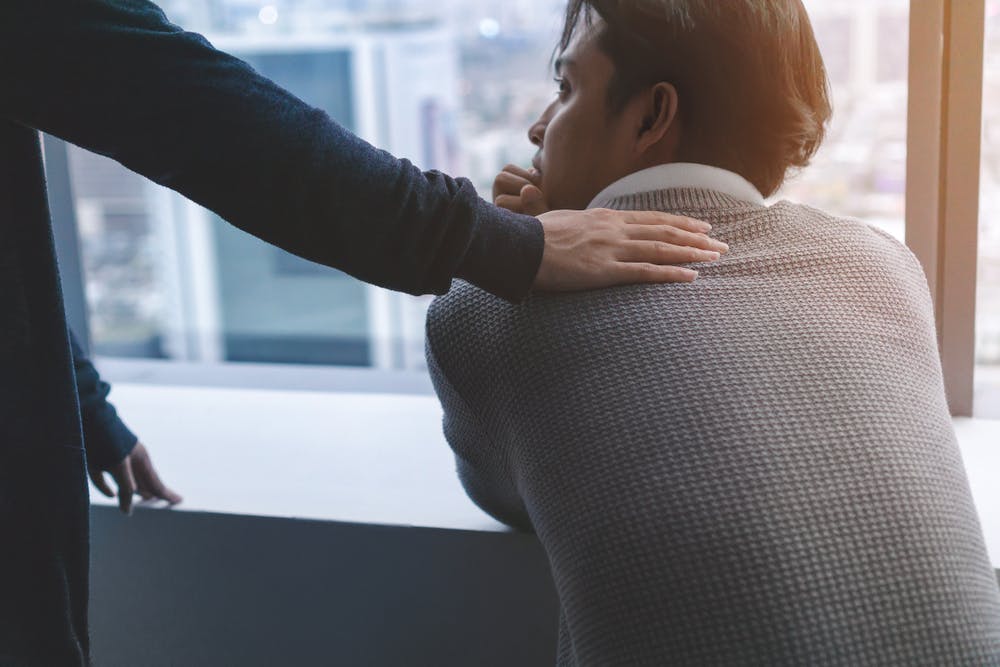
15 min read
Premature Ejaculation: The Ultimate Guide
Recommended
Premature Ejaculation
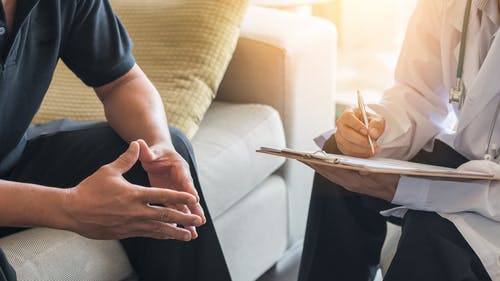
18 min read
The ultimate guide to understanding Benign Prostatic Hyperplasia (BPH)
Recommended
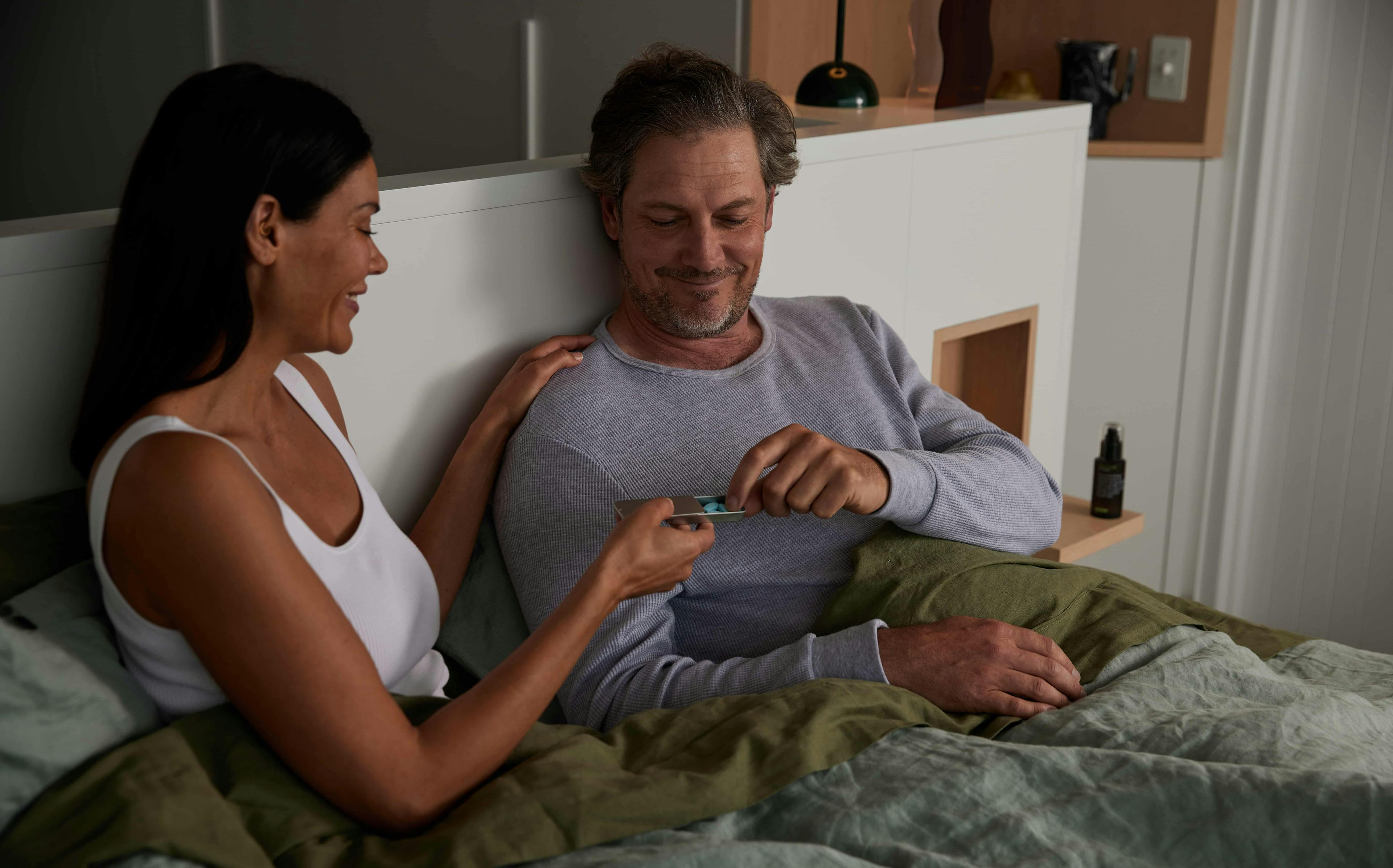
15 min read
Erectile Dysfunction Treatment Guide
Recommended
Erectile Dysfunction
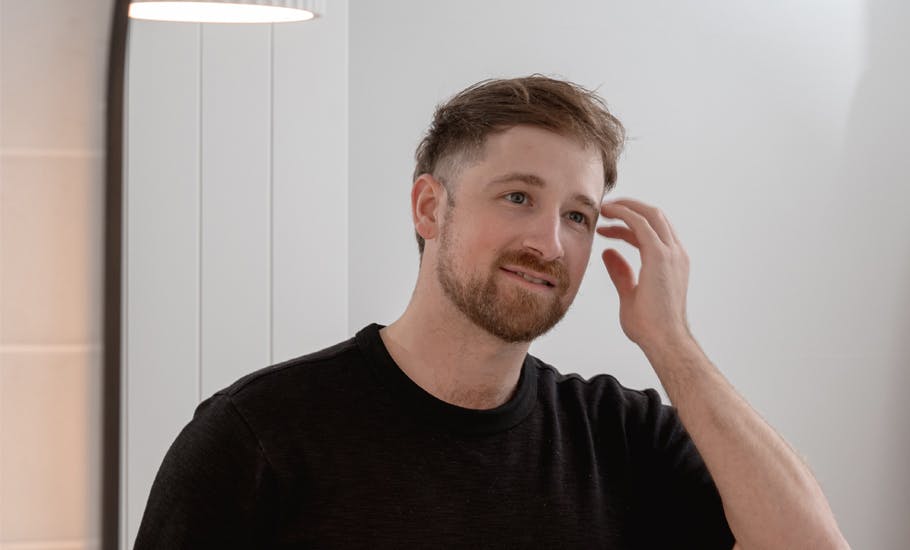
15 min read
Hair Loss: The Ultimate Guide
Recommended
Hair Loss
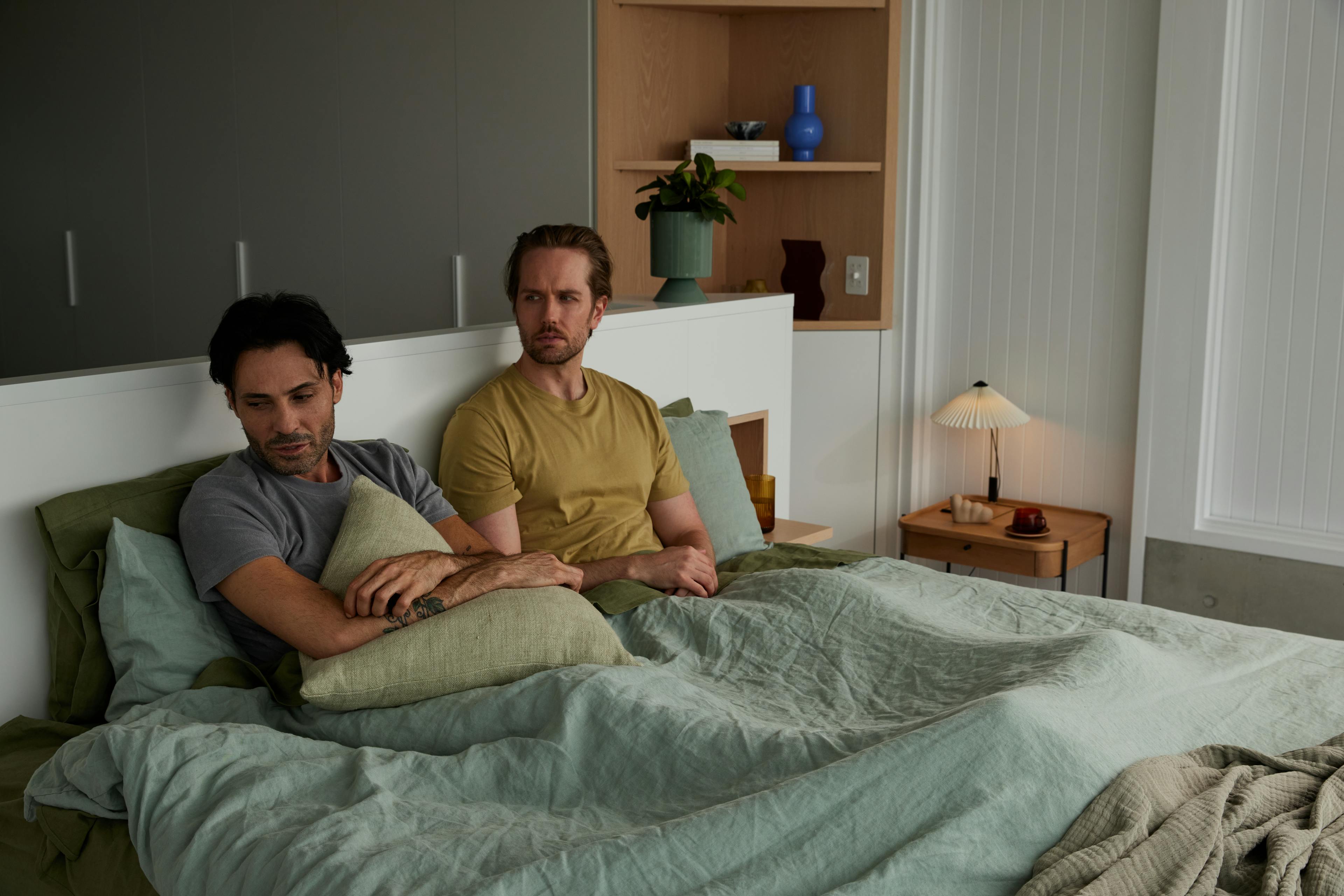
5 min read
Premature Ejaculation Guide
Recommended
Premature Ejaculation
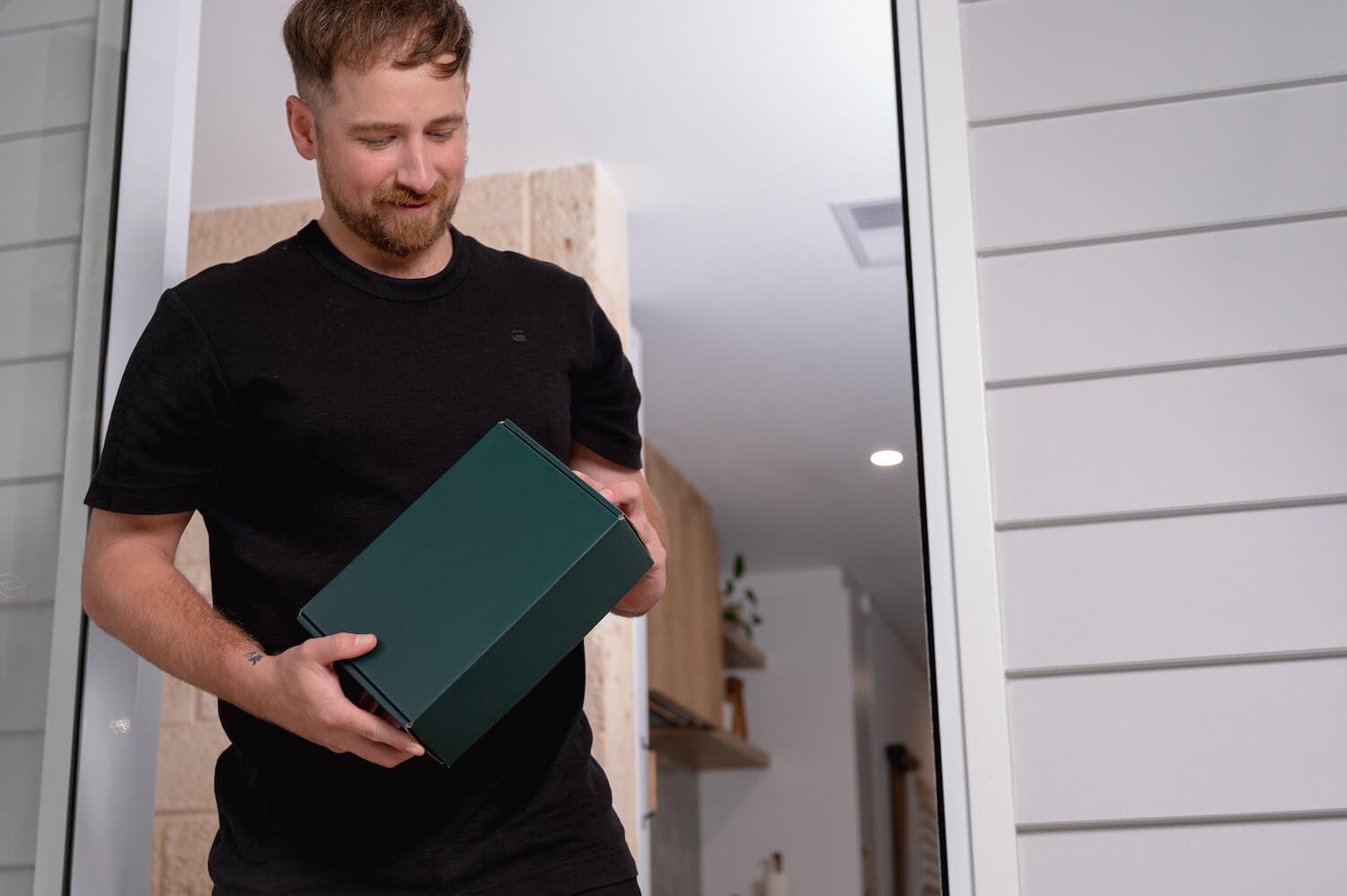
5 min read
Hair Loss Guide
Recommended
Hair Loss
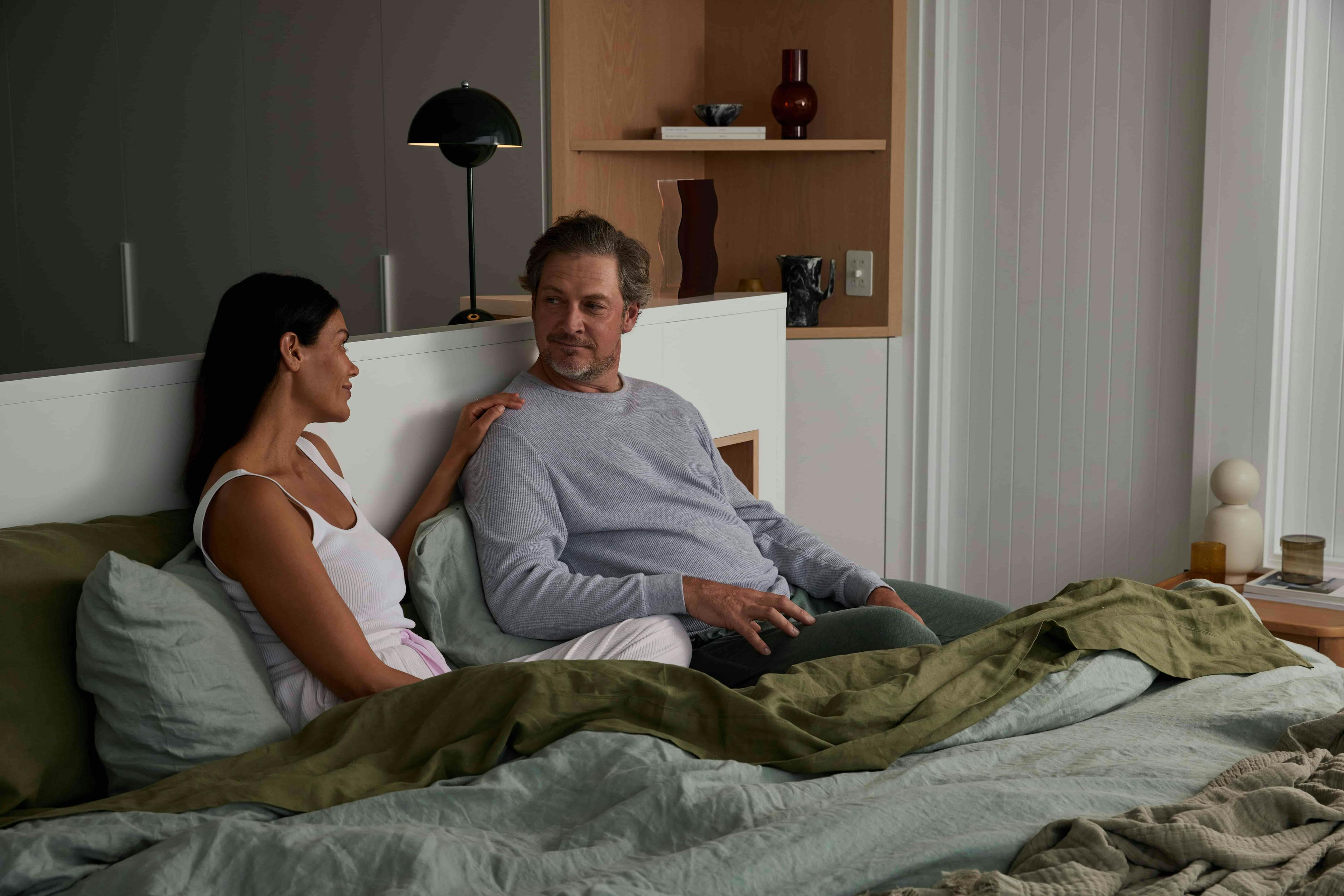
5 min read
Erectile Dysfunction Guide
Recommended
Erectile Dysfunction





